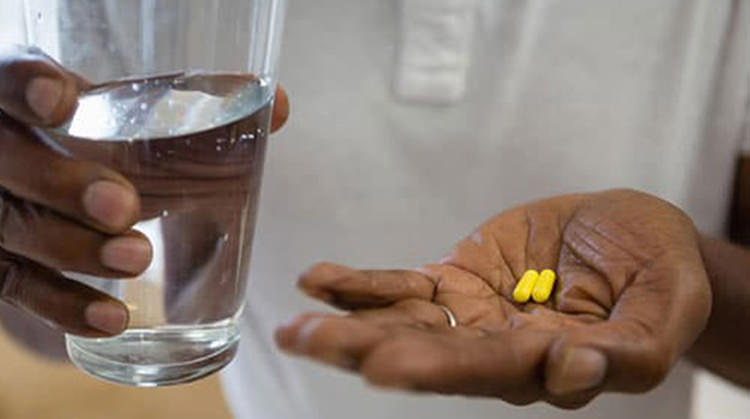Study finds that such organs don’t transmit virus that causes COVID-19
By Jim Dryden
Kidneys from organ donors who were diagnosed with COVID-19 are safe to transplant and don’t transmit the virus to people who receive those organs, according to a new study led by researchers at Washington University School of Medicine in St. Louis.
Of the many thousands of kidneys transplanted since the start of the COVID-19 pandemic, there have been no reported infections after transplant surgery related to kidneys donated by people who died and had tested positive for the virus. Most donors died of causes other than COVID-19, but even in those who had tested positive for the virus within a week of their deaths, there was no effect on the success of the transplants. Read more from the Washington School of Medicine in St. Louis.




